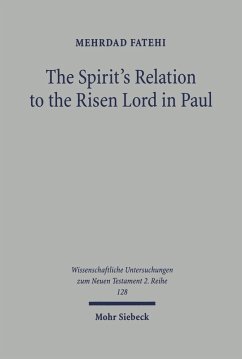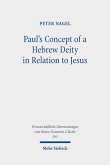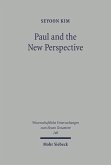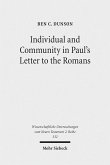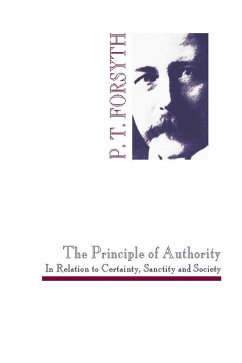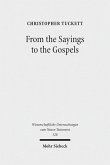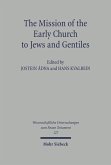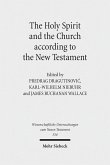Mehrdad Fatehi studies Paul's letters and shows that the risen Lord is featured in the religious experiences of Paul and the Pauline believers as the present and active lord of the new covenant community. These experiences seem to point beyond the notion of a divine agent alongside God to a redefinition of the very concept of God in a way that it would include Christ within itself. This is confirmed by the way Paul and the Pauline communities believed themselves to have experienced the risen Lord through God's Spirit. In Judaism in general, as well as in Paul, the Spirit was not regarded as an entity distinct or separable from God but as God himself in his presence and action in and among his people. Yet we have clear evidence in Paul's letters that the risen Christ was experienced and conceived of as being present and active through the Spirit bestowing grace and gracious gifts, infusing wisdom, communicating his will, regenerating and transforming his people, and dwelling in and among them all through the Spirit in a way which is best understood after the analogy of God's presence and work through the Spirit in Judaism. In other words, Paul's 'the Spirit of Christ' is best understood after the analogy of 'the Spirit of God'. Paul's application of the Spirit-language to describe and interpret the Christians' experiences of the risen Lord shows that Paul most probably presupposed a redefinition of monotheism in which Christ would be included within the Godhead. Born 1960; studied Engineering Electronics at the University of Science and Technology in Tehran; 1988-1991 youth pastor and Bible School teacher in Tehran; 1998 Ph.D. in New Testament studies at London Bible College (Brunel University); presently Academic Dean and Lecturer for New Testament Studies at the Elam College (Elam Ministries), UK; Associate Research Fellow of the London Bible College.
Dieser Download kann aus rechtlichen Gründen nur mit Rechnungsadresse in A, B, BG, CY, CZ, D, DK, EW, E, FIN, F, GR, HR, H, IRL, I, LT, L, LR, M, NL, PL, P, R, S, SLO, SK ausgeliefert werden.

